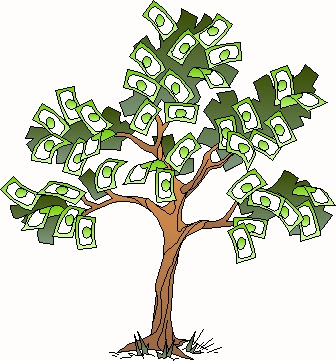Demand & Supply
Hello to my beloved readers! I want to share you guys what I've read an article and I've did some analysis. Do have a look! =)
Does the stock feed supply and culling old layer hens have the big affects on Demand & Supply?
Ever since stock feed such as corn and soybean meal increased in price by up to 80% in 2011, this leads farmers to reduce production costs and this year will be reduce more due to the drought in United States on 2012. This will caused the decrease of stock feed supply and culling up to 10% more hens which means decreasing hens supply. The shortage is 5% of 25 million layer hens which produce 22 million eggs per day and its price increase to two sen.
How the stock feed supply affect the price of egg??
As shown in the graph, a decrease in supply of eggs would cause the supply curve to shift to the left. Thus, there is a shortage below market equilibrium price, so in order to solve this shortage, the price of the have to be increase. Consequently, the new equilibrium price occurs when the price of stock feed increasing but will decrease the equilibrium quantity.
Besides of the situation from the article, there is several other reason that will cause the demand and supply curve to shift. One of the reasons that cause the supply curve to shift is the price of factors of production. According to the law of supply, if the cost production increase, the price for the goods will tend to increase, as a result, supply will fall. For example, The strawberry cost of production increase from $4- $6, the price for the strawberry will tend to increase from $8 - $10, as a result, supply of strawberry will fall. Besides that, the state of technology will also cause the supply curve to shift. It stated that if the technology need in producing the goods are far better and advance, the quantity of goods produce will increase. Therefore, the quantity supply for the goods will increase. For example, as there is advance technology such as machine, the bubble tea are been produced by the machine. The quantity supply of the bubble tea will increase. This will reduce the labour cost and could save time.There some of the factors that cause the shifts of the demand curve which includes the price of the good itself and the level of income. The factor of the price of the goods itself stated that with the assumption of ceteris paribus, if the price of a good rises, the quantity demanded for the good falls. For example, An apple of price increase from $3 to $5, the quantity demanded for the apple falls because this is a burden of the ability of consumer. Furthermore, for the level of income, it stated that If the level of income is high, the demand for a particular good will be higher even price of the good is remain unchanged. For example, a household’s level of income increases, the consumption of food increases even though price of food remained constant.

Why the price for stock feed increase???
Due to the drought in the United States, this will increase the price of stock feed to ease the situation of drought. When the price of stock feed increase, the demand for the stock feed supply will decrease. The demand will decrease is because they not able to consumed due to its price increase.
In conclusion, throughout my research is that a company called Deere which is offers irrigation tools, GPS- powered planting management systems, and other gear for farmers and landscapers are able to defense in the face of an ongoing drought. Even without a drought, these systems would likely boost productivity anyway. In my opinion, this way can produce more stock feed and it is suitable for drought weather. Gradually, the supply curve will shift to the right when stock feed increases, hens supply increase, egg supply increase and as a result, price of the eggs decreases. This will cause a surplus on the consumption of the hen’s stock feed and reduce culling hens. Hence, this would not cause people to find a substitute for chicken eggs and this will avoid the research on making fake chicken eggs.













